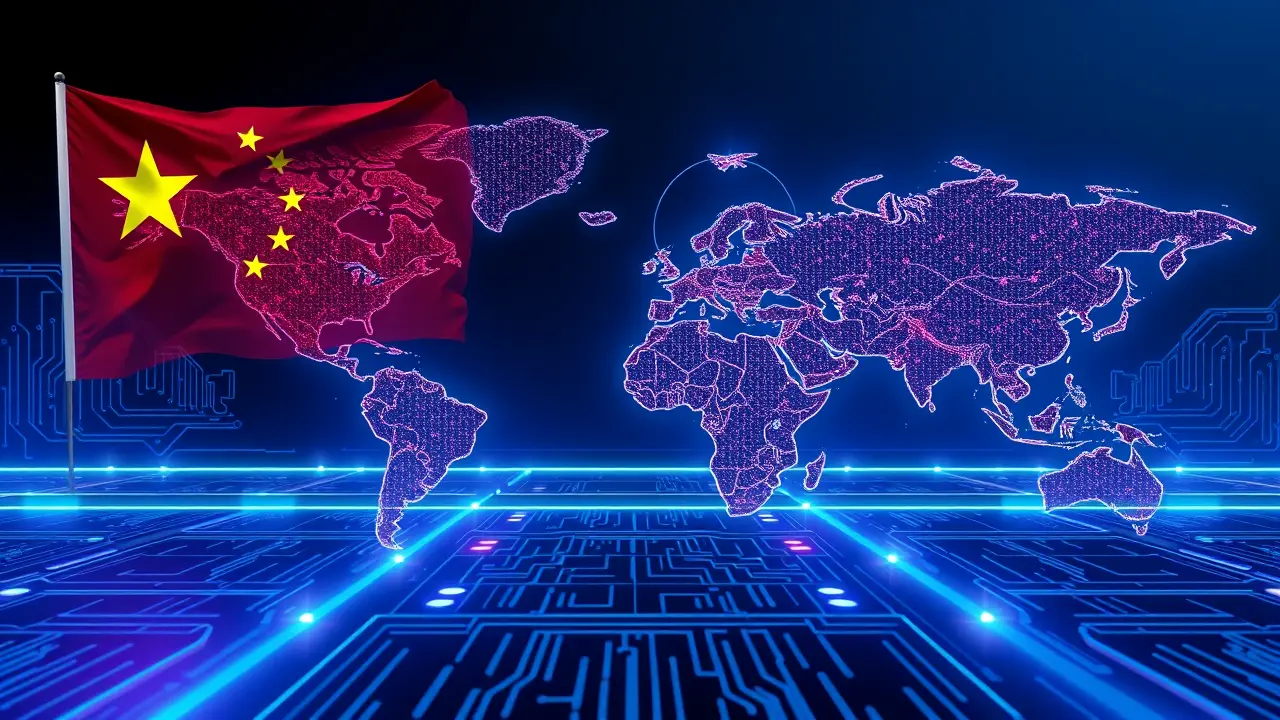
Politicssanctions & tradeTrade Deals
China to Ease Chip Export Restrictions to Europe After Dispute
OL
Oliver Scott
2 days ago7 min read
The simmering EU-China chip dispute that sent shockwaves through global automotive boardrooms appears to be de-escalating, with Beijing signaling a forthcoming relaxation of critical semiconductor export restrictions to Europe—a strategic pivot that narrowly averts a production catastrophe for carmakers already grappling with fragile supply chains. This development, emerging from high-stakes diplomatic channels, represents a calculated de-risking maneuver by China, which had previously weaponized its dominance in legacy chip production—the unglamorous but indispensable microcontrollers and power management chips that form the nervous system of modern vehicles—as leverage in a broader geopolitical standoff over trade and technology.The initial alarm was palpable; from Stuttgart to Detroit, executives confronted the grim calculus of halted assembly lines, as a single missing $1 chip can idle a $50,000 vehicle, echoing the supply chain paralysis of the pandemic era but with a more deliberate, political trigger. Analysts at firms like Rhodium Group quickly framed this not as an isolated trade spat but as a critical stress test for the globalized tech ecosystem, where economic interdependence collides with national security imperatives.China’s concession, while offering immediate relief, is layered with strategic ambiguity: it temporarily secures the flow of essential components but does little to alter Europe’s accelerating push for semiconductor sovereignty through its own Chips Act, a multi-billion-euro endeavor to reduce reliance on Asian foundries. The episode serves as a stark warning, a real-time scenario planning exercise illustrating how technological decoupling, even partially, injects profound volatility into core industries.For automotive giants like Volkswagen and Stellantis, the reprieve is temporary; their long-term survival now hinges on dual-sourcing strategies, deeper supplier inventories, and perhaps even direct investments in chip fabrication—a capital-intensive pivot unimaginable a decade ago. The resolution, therefore, is less a return to normalcy and more an entry into a new, more fragmented era of tech trade, where every semiconductor shipment carries the weight of geopolitical strategy.
#featured
#China
#European Union
#chip exports
#trade dispute
#semiconductors
#automotive industry
#supply chain
Stay Informed. Act Smarter.
Get weekly highlights, major headlines, and expert insights — then put your knowledge to work in our live prediction markets.
Comments
It’s quiet here...Start the conversation by leaving the first comment.
© 2025 Outpoll Service LTD. All rights reserved.